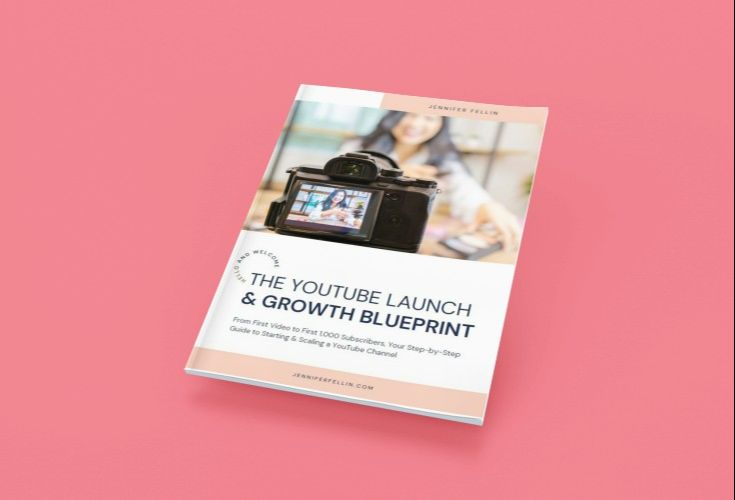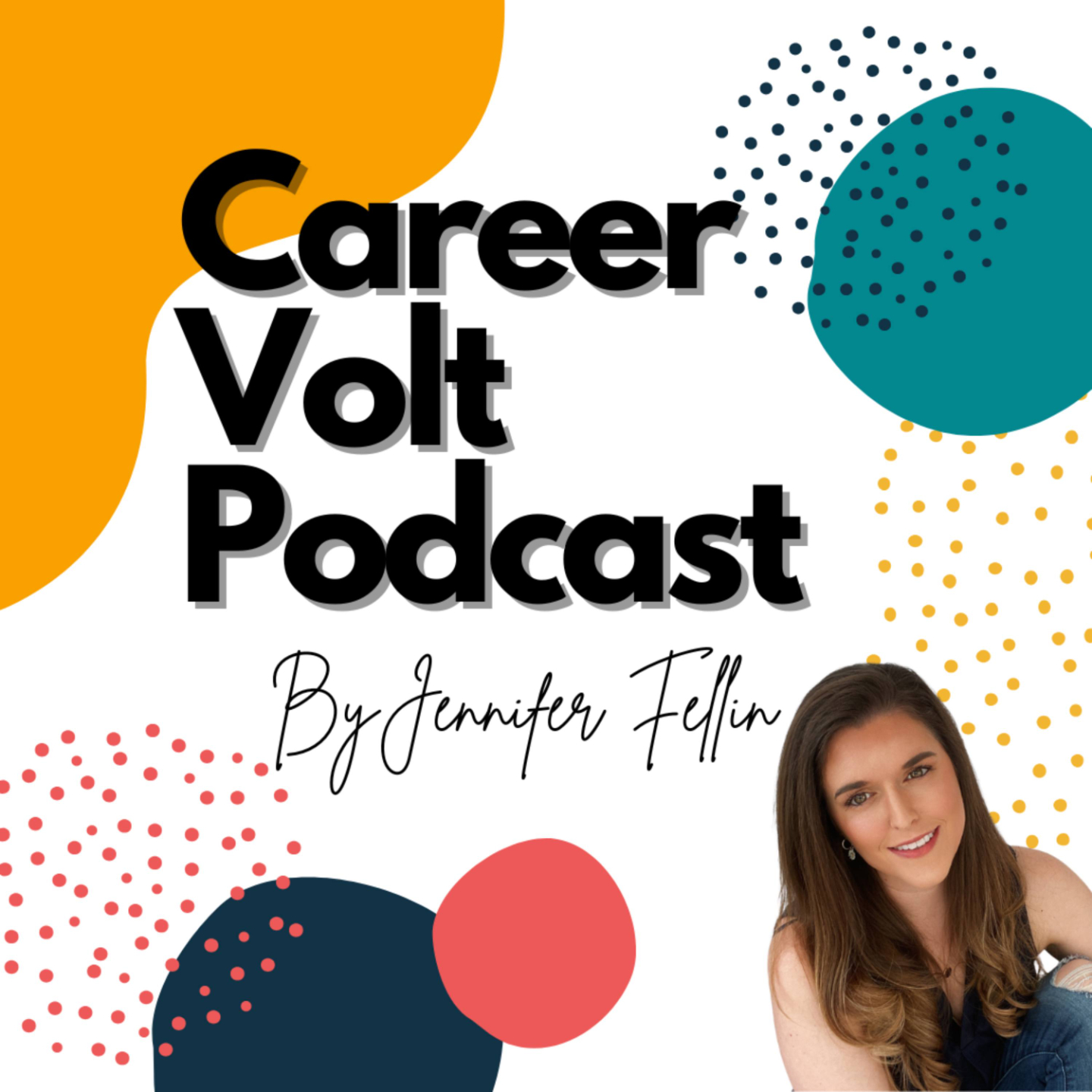What to Do When Your Career Doesn’t Go According to Plan
Jun 08, 2025
How to Navigate Setbacks, Job Losses, and Unexpected Career Changes with Confidence and Resilience
We all start our careers with certain expectations. Whether it’s climbing the corporate ladder, making a big impact in our field, or simply achieving a sense of security, we craft visions of how success will unfold. But life, with all its twists and turns, rarely plays out exactly as planned. At some point, most of us will encounter career setbacks—layoffs, missed promotions, difficult transitions, or even the realization that we’re no longer aligned with the work we once loved.
If you're facing an unexpected detour in your professional life, you're not alone—and you're not failing. This article is here to help you navigate these moments with grace and strategy, offering tangible ways to process, pivot, and ultimately move forward with greater clarity and purpose.
1. Start by Acknowledging the Disruption
One of the biggest mistakes professionals make after a career disruption is rushing to “fix” things without acknowledging the emotional weight of the moment. Whether you're dealing with job loss, career burnout, or a missed opportunity, it’s natural to feel disoriented. Ignoring those feelings doesn’t make them go away—it simply delays the healing process.
Take time to recognize and validate your emotions. This is not about self-pity; it's about building a strong emotional foundation for your next steps.
Try this:
-
Journal what you’re feeling without filtering. Let it all out.
-
Talk to a trusted friend, mentor, therapist, or coach.
-
Say your emotions out loud. Labeling how you feel helps reduce anxiety and restores a sense of control.
2. Reframe Setbacks as Transitions, Not Endings
It might feel like something is ending—and in some ways, it is. But often, what appears to be a setback is actually a redirection. Many professionals who face layoffs or career pivots later look back and realize the disruption was necessary for growth they hadn’t yet imagined.
Instead of asking, “Why is this happening to me?” ask, “What could this be preparing me for?” Shifting from victim mode to growth mode opens up new possibilities.
Reframing questions to ask yourself:
-
What strengths have I developed through this challenge?
-
What opportunities might this new space in my life create?
-
What have I outgrown in my previous role or career path?
3. Audit Your Skills, Strengths, and Interests
A career shake-up can be the perfect time to reconnect with who you are and what you truly want from your work life. Chances are, you've grown since the last time you explored your interests or assessed your skills—and your next chapter should reflect that evolution.
Use this three-column framework to clarify your direction:
-
Skills: List your core competencies—technical skills, project management, communication, sales, leadership, etc.
-
Strengths: Think about your natural talents and what people often praise you for.
-
Interests: Consider what energizes you. What topics do you enjoy learning about? What kinds of work feel meaningful?
Look for the overlap. This intersection often reveals your most fulfilling career options.
4. Adopt a Growth Mindset
One of the most powerful tools you can develop during a career disruption is a growth mindset—the belief that your talents and abilities can be developed through effort, learning, and persistence. This mindset, popularized by psychologist Carol Dweck, distinguishes those who bounce back stronger from those who stay stuck.
Instead of defining yourself by the setback, define yourself by how you respond to it.
Ways to develop a growth mindset:
-
Reframe failures as data. What can you learn from what didn’t go as planned?
-
Praise yourself for effort, learning, and progress—not just outcomes.
-
Surround yourself with resilient people who have navigated their own career transitions successfully.
5. Expand Your Network (Even If It Feels Uncomfortable)
Networking is often misunderstood as schmoozing for favors. In reality, it’s about building relationships and gathering insight. If your career isn’t going according to plan, chances are someone else has walked a similar path and can offer guidance or encouragement.
Reaching out doesn’t have to feel awkward. Most people are happy to share their experiences and wisdom—especially when you're genuinely curious and respectful of their time.
Try these conversation starters:
-
“I’d love to hear how you navigated your career path—would you be open to a quick chat?”
-
“I’m exploring a new direction and am gathering advice from professionals I admire.”
-
“Are there people in your network you recommend I speak with?”
Even short conversations can spark new opportunities and ideas.
6. Update Your Career Materials to Reflect Where You're Going
Once you gain some clarity about your next move, make sure your professional documents—especially your resume and LinkedIn profile—reflect your new direction. Many people make the mistake of only listing what they’ve done in the past. Employers and clients want to know where you’re heading.
Tips to elevate your materials:
-
Highlight transferable skills that connect past experiences to your future goals.
-
Use action-oriented, measurable bullet points to showcase achievements.
-
Create a compelling LinkedIn summary that tells a cohesive career story, not just a job list.
-
Add keywords that match the roles or industries you’re targeting.
If you're pivoting industries or roles, this is especially crucial for positioning yourself credibly and confidently.
7. Design Your Next Step Intentionally (Don't Just “Find” a Job)
It’s tempting to leap into the first available opportunity, especially when you're under financial or emotional stress. But without intention, you risk ending up in a role that repeats the same frustrations or misalignments.
This is your chance to design a career that supports not just your skills—but your values, lifestyle, and goals.
Ask yourself:
-
What kind of impact do I want to make?
-
What values must be present in my next work environment?
-
What types of work give me energy instead of draining it?
-
What does success look like for me now—not five years ago?
Let these answers guide your next move.
8. Be Open to Non-Traditional or Non-Linear Options
Your next opportunity may not look like a conventional 9-to-5. The career landscape is evolving quickly, and many people are finding success—and satisfaction—outside of traditional paths. Consider diversifying your work portfolio while exploring what’s next.
Examples of non-linear career options:
-
Freelance or contract work in your field to maintain income while exploring.
-
Launch a side hustle or passion project.
-
Take a sabbatical to reset or upskill.
-
Volunteer in a new industry to gain experience and connections.
Non-linear doesn’t mean unstable. Sometimes, these paths create more freedom and alignment than traditional ones ever could.
9. Set Small, Achievable Goals to Build Momentum
Career recovery isn’t an overnight process—it’s a journey made up of small, strategic steps. When your confidence takes a hit, accomplishing tiny goals is one of the most effective ways to rebuild it.
Short-term goals to focus on:
-
Apply to 3 jobs per week that align with your goals.
-
Have one networking call or coffee meeting per week.
-
Take a relevant online course or certification.
-
Write one article or post to showcase your thought leadership on LinkedIn.
Momentum creates motivation. You don’t need all the answers—just enough movement to keep going.
10. Prioritize Your Mental Health and Wellbeing
No career path is sustainable if your mental, emotional, and physical health are suffering. Career uncertainty can trigger stress, anxiety, and even depression. That’s why taking care of your wellbeing isn’t optional—it’s foundational.
Ways to support your resilience:
-
Create a daily routine with movement, sunlight, and sleep.
-
Practice mindfulness, meditation, or breathing exercises to calm your nervous system.
-
Talk to a therapist or coach who can support your emotional and professional growth.
-
Connect with others who remind you of your worth outside of work.
You are not your job title. You are not your income. You are whole and worthy as you are.
11. Redefine What Success Means to You
Career disruptions often push us to examine whether the goals we were chasing truly reflect what we value. Were you climbing a ladder that wasn’t yours? Were you performing for approval rather than pursuing purpose?
Now is the perfect time to rewrite your definition of success—on your own terms.
Reflect on these prompts:
-
What do I want more of in my life?
-
What am I no longer willing to tolerate?
-
What would a successful, fulfilling workday feel like?
-
Who am I becoming through this experience?
The definition of success evolves as you do. Give yourself permission to grow.
12. Trust the Process and Be Patient with Your Timeline
Finally, remember that transformation takes time. It's okay if you don’t have it all figured out today. The people you admire—the ones who’ve reinvented their careers, launched businesses, or landed dream jobs—have all walked through uncertainty.
The key is to stay in motion, trust your instincts, and keep showing up.
Encouragement to hold onto:
-
You’re not behind. You’re on a different path.
-
This setback doesn’t define your potential.
-
You are not alone in this.
-
Your next chapter might be even better than the one you planned.
Give yourself the grace to rebuild without rushing—and the belief that something beautiful is taking shape, even if you can’t see it yet.
Final Thoughts: When Plans Fall Apart, Purpose Can Emerge
Career disruptions can be deeply disorienting, but they also create space—space to reassess, to realign, and to rise stronger than before. You are not starting over. You are starting from experience, insight, and renewed strength.
Embrace this season as an invitation to rediscover what you want, what you value, and who you truly are beyond your job title.
Your career doesn’t have to follow a straight line to be meaningful.
It just has to be yours.
Ready for Support on Your Career Pivot?
At JenniferFellin.co, we help ambitious professionals navigate uncertainty, reconnect with purpose, and design careers that feel aligned and fulfilling.











